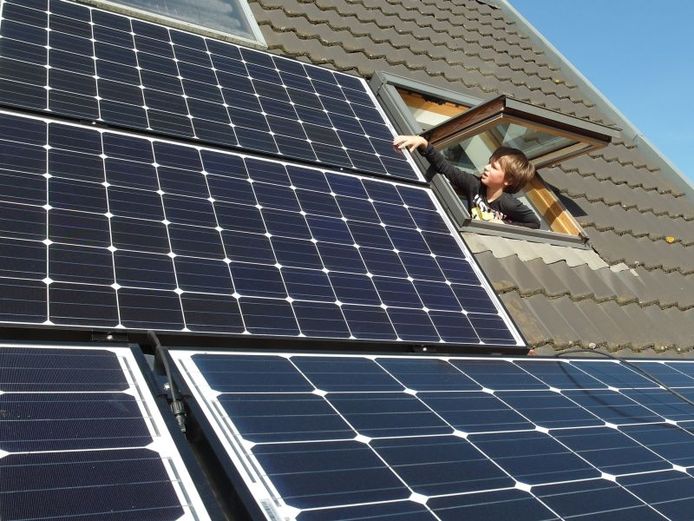The measures taken by the Federal Government to counter the soaring energy prices are "no miracle cure," but they are needed while a structural solution is in the making, said Prime Minister Alexander De Croo in Parliament on Thursday.
To combat the skyrocketing energy costs in the weeks, Belgium introduced a new series of measures earlier this week. The support package, however, was immediately criticised strongly for being too little, too late – by politicians and the population alike.
"The measures we took are not a miracle cure, but they are necessary and also comparable to measures taken in other countries," De Croo said in answer to questions from MPs on Thursday.
"Nobody in the Federal Government is of the opinion that these measures will structurally solve the problem. But they are needed now," he said, adding that an evaluation of the measures is planned for September.
LIVE. Vragenuurtje over energieakkoord – Heure des questions sur l’accord énergétique https://t.co/UWXrTC6AOx
— Alexander De Croo 🇧🇪🇪🇺 (@alexanderdecroo) March 17, 2022
"If energy prices are still high, we can continue the measures," De Croo said. Again, he stressed that the underlying problem is that the current prices are "separate from reality. There is no scarcity."
This will all be discussed at next week's European Council, he said.
The measures were defended by majority parties Groen (the Flemish greens) and Open VLD (the Flemish liberals). According to Egbert Lachaert, chair of Open VLD, nuclear energy is seriously "on the table to be part of the energy mix of the future."
De Croo said that a decision about what will happen with the country's nuclear power plants will be made on Friday 18 March (today), now that the expected reports from Elia (Belgian’s Electricity System Operator) regarding the reworking of the Capacity Remuneration Mechanism (CRM) auction are in.
Related News
- Why are prices rising? Europe’s energy crisis explained
- 'Exceptional circumstances': Belgium to decide on nuclear exit soon
- 'Becoming the Wild West': Belgium takes extra measures to combat soaring energy prices
"All countries are reworking their energy policies. Because of the war, that is now also necessary. If we want to become independent from fossil fuels, we have to switch to renewable energy," he said, stressing that this will become cheaper.
After De Croo, Energy Minister Tinne Van der Straeten also said that the war in Ukraine "reveals how dependent we are on foreign countries. Gas, uranium and oil are part of Belgium's energy mix. The government has now made those prices affordable. But that is not a structural solution."
She added that she wants to argue to put a maximum limit on those prices at the European level. Like De Croo, Van der Straeten points to renewable energy as a "logical and structural" way out.
“Energy is a matter of national security,” she said, promising that she will look at the possibility of keeping the nuclear power plants open – which her Green party is strongly against – "with an open mind."

